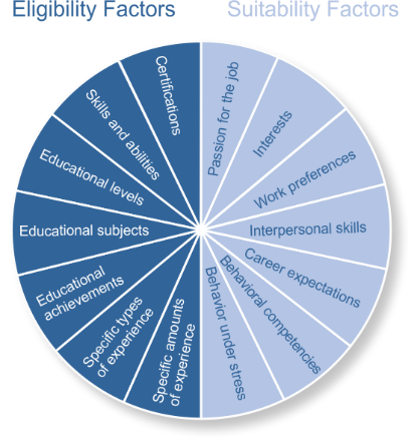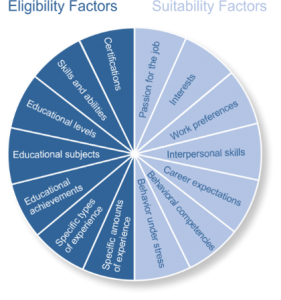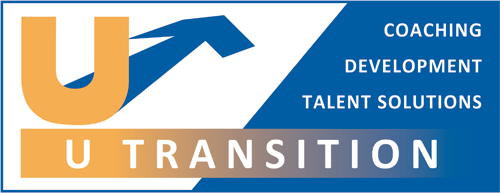


Dale Carnegie, the famous author and developer of self-improvement training, is quoted as saying “People rarely succeed unless they have fun in what they are doing”
Is it fun or enjoyment that makes us want to stay with a job or career? Can we really be successful if we don’t enjoy or have fun in what we do?
I know from personal experience when I was a Store Manager and had to review budgets, spreadsheets full of figures and monthly P&L accounts in great detail to explain performance against goals and targets, I’d do it because business analysis was an integral part of my job. It told me the results delivered by performing the other aspects of my role.
Did I enjoy it? Only bits of it and usually when it was straight forward and I could look through it quickly…Mainly, I tolerated it.
If I could delegate it or better still put it off to go and walk my shop floor to talk to my customers or find an excuse to go and spend time talking with my team I would. Because those were the things that motivated, gave me a buzz……made me happy. If the bulk of that job was detailed reviewing of figures which were the be all and end all of my world I would have been one very unhappy bunny and not only that it would take me ages to do. I would procrastinate and delay and take much longer than I actually needed to. Because I wasn’t enjoying it, this would often reinforce my belief that I wasn’t any good at it
Research shows that people who enjoy at least 75% of their job are 3 times more likely to succeed than people who enjoy less than 75% of their job. Which means that measuring factors that relate to satisfaction makes it possible to predict job success and if someone enjoys their job it means they are more likely to perform well, deliver great results and want to stay and grow within an organisation.
Enjoyment Performance Methodology TM is one of the key theories that underpins a tool called Harrison Assessments and it measures satisfaction factors, those things that we like and would ideally want in our work and also those things we don’t. For example do we like precision type tasks or the opportunity to be creative? Do we require challenge from our line managers or role or want to be autonomous etc ?
Through a simple online questionnaire, Harrison Assessments takes 3 things into account….
The degree to which a persons’
- Preferred tasks fits the job
- Interests fit the job
- Work environment preferences fit the job
This enables companies to accurately predict performance, work satisfaction and retention saving valuable time and money. By assigning roles and responsibilities that give individuals the highest degree of work satisfaction companies can motivate, develop and stretch employees and increase performance.
When I completed the Harrison Assessment for myself I was surprised at how accurate it was and I wish I had had it when I was managing large teams of people in my career as a retail Store Manager. It would have saved me endless time and money in terms of recruitment, selection and training and reduced my frustrations as we potentially lost good people to other companies or our competitors. I consider myself a good judge of capability and potential but even I got it wrong many times, thinking someone would be great for a particular role and then finding out later they weren’t doing so well and after we had eliminated lack of skills or knowledge and experience and done what we could to enhance these it was often because there was something else missing for that person. The enjoyment factor.
After she had handed her notice in which came out of the blue, one of my best checkout operators said to me “I just don’t like working with people”. She was fantastic with people, had great interpersonal skills and was quick and accurate. However, she didn’t enjoy it and wanted to leave. After a discussion we decided to give her a go in the stockroom away from customers. She flourished.
Harrison Assessments is not a replacement for ongoing two way conversations and development with people but it’s a great support tool and starter for a conversation and when used in the recruitment process has a high degree of accuracy on predicting a person’s satisfaction with and therefore suitability for a role.
Want to know more? Feel free to contact me, I’d love to hear from you – 07828 496 388
Click here to try it for yourself – Click here to try it for yourself and receive a free consultation
